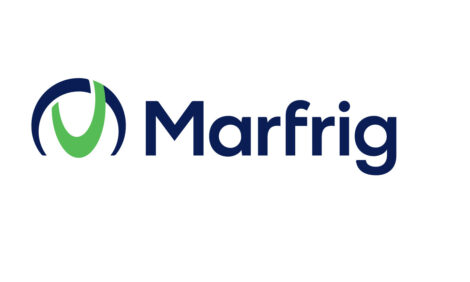



Taking steps for business-wide welfare and sustainability
Charoen Pokphand Foods PLC commits to sustainability and welfare improvement targets in 2017 sustainability reportCharoen Pokphand Foods PLC (CPF) recently released their Sustainability Report 2017 which addresses their sustainability and welfare targets across their food business chains. Illustrated within the report is a welfare roadmap (page 29) that details key steps for improving welfare for each food animal species – poultry, pigs and fish.

CPF describes the on-farm welfare targets for their poultry production lines in over nine countries:
They will ensure that 100 percent of the company-owned layer farms in Thailand will move towards cage-free systems.
Furthermore, 100 percent of broiler farms in each country within which CPF has a presence will be monitored by Poultry Welfare Officers by 2020.
Finally, 100 percent of broiler farms in Thailand already have Poultry Welfare Officers who collaborate with the University of Bristol, and have done since 2009, to ensure that these farms adhere to international animal welfare practices.
World Animal Protection engaged with CP Foods earlier in 2018.
Jonty Whittleton, head of campaign – Animals in farming, World Animal Protection says in a statement:
“Charoen Pokphand Foods' animal welfare policy provides little detail on how the chickens in their supply chains are raised. We welcome a cage-free commitment for hens, but need to see a commitment to better welfare for meat chickens along with a clear timeline for implementation.
“World Animal Protection wants to see a shift to more humane farming and away from industrial systems across the world where meat chickens are raised in dark, cramped and barren warehouses and endure extreme growth rates. The result is pain and suffering for billions of animals. All chickens should be selected for more natural growth rates, and should benefit from the basic conditions that these intelligent, inquisitive animals so desperately need, including decent space, enrichments and natural light.”
Source: World Animal Protection









